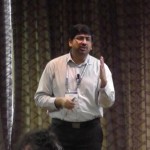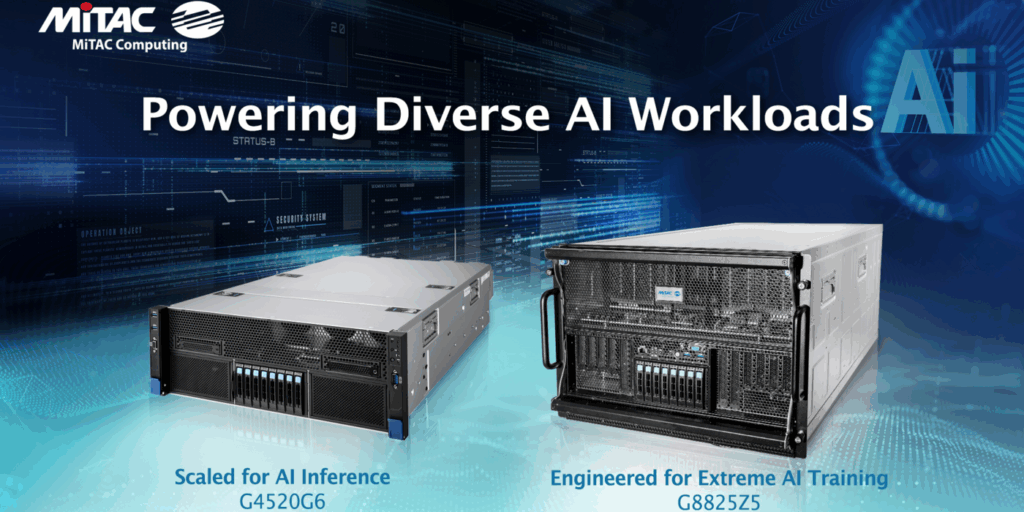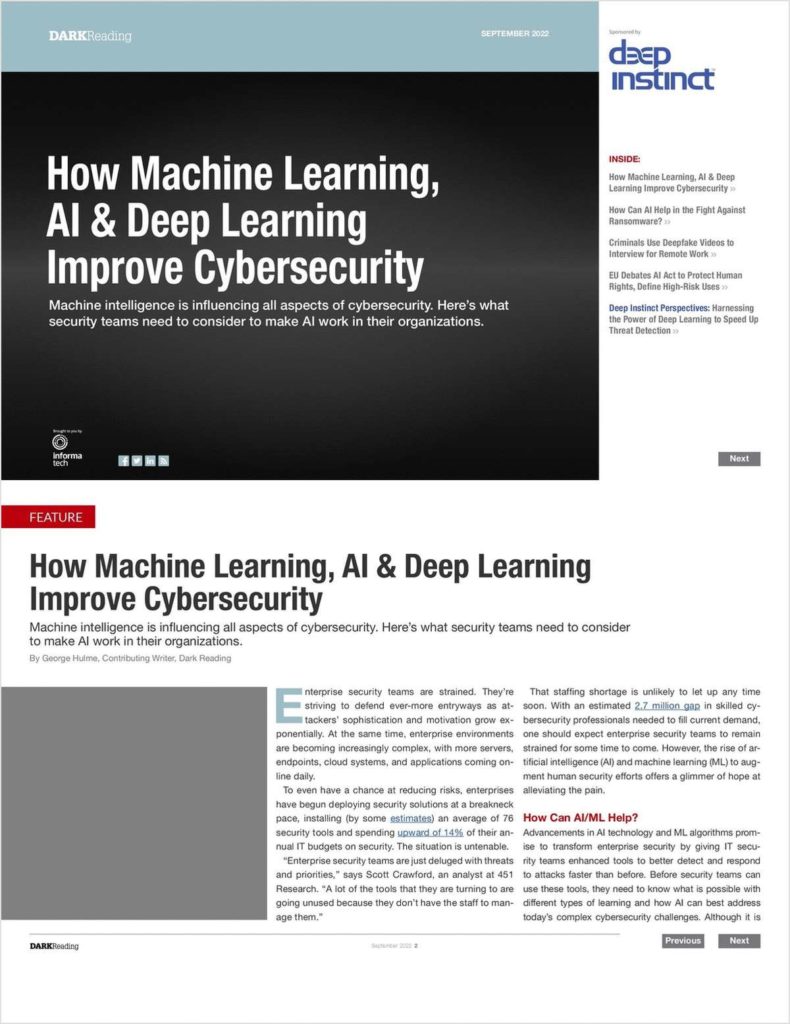Prof. Dr. Dieter Kranzlmüller from the Leibniz Supercomputing Centre (LRZ) in Germany gave this talk at the Intel User Forum. “The next generation of supercomputing has arrived at LRZ with SuperMUC-NG. Learn how LRZ scientists and researchers are using a supercomputer driven by Intel Xeon Scalable processors and optimizing the system for power and storage.”
Video: The Quest for the Highest Performance – Supporting Science with SuperMUC-NG
Video: Performance and Productivity in the Big Data Era
In this video from the Intel User Forum at SC18, Prabhat from NERSC presents: Performance and Productivity in the Big Data Era. “At the National Energy Research Scientific Computing Center, HPC and AI converge and advance with Intel technologies. Explore how technologies, trends, and performance optimizations are applied to applications such as CosmoFlow using TensorFlow to help us better understand the universe.”
Video: Computing for the Endless Frontier at TACC
In this talk from the Intel User Forum at SC18, Dan Stanzione from TACC presents: Computing for the Endless Frontier. “Coming to TACC in 2019, the Frontera supercomputer will be powered by Intel Xeon Scalable processors. It will be the first major HPC system to deploy the Intel Optane DC persistent memory technology for a range of HPC and AI uses. Anticipated early projects on Frontera include analyses of particle collisions from the Large Hadron Collider, global climate modeling, improved hurricane forecasting, and multi-messenger astronomy.”
Raj Hazra from Intel presents: Our Journey… Accelerating
In this video from the Intel User Forum at SC18, Raj Hazra from Intel presents: Our Journey…Accelerating. “This talk highlights the innovations needed at the infrastructure, compute, and programming level to realize the “fourth paradigm.” See how Intel’s unmatched data-centric compute platform, as well as innovations in memory and storage technologies, enable the capabilities needed to meet current and future demands in the convergence of HPC and AI. Uncover performance results across a range of HPC and AI benchmarks and real applications on the recently announced Cascade Lake advanced performance processor including the design win at HLRN.”
Fast Simulation with Generative Adversarial Networks
In this video from the Intel User Forum at SC18, Dr. Sofia Vallecorsa from CERN openlab presents: Fast Simulation with Generative Adversarial Networks. “This talk presents an approach based on generative adversarial networks (GANs) to train them over multiple nodes using TensorFlow deep learning framework with Uber Engineering Horovod communication library. Preliminary results on scaling of training time demonstrate how HPC centers could be used to globally optimize AI-based models to meet a growing community need.”








